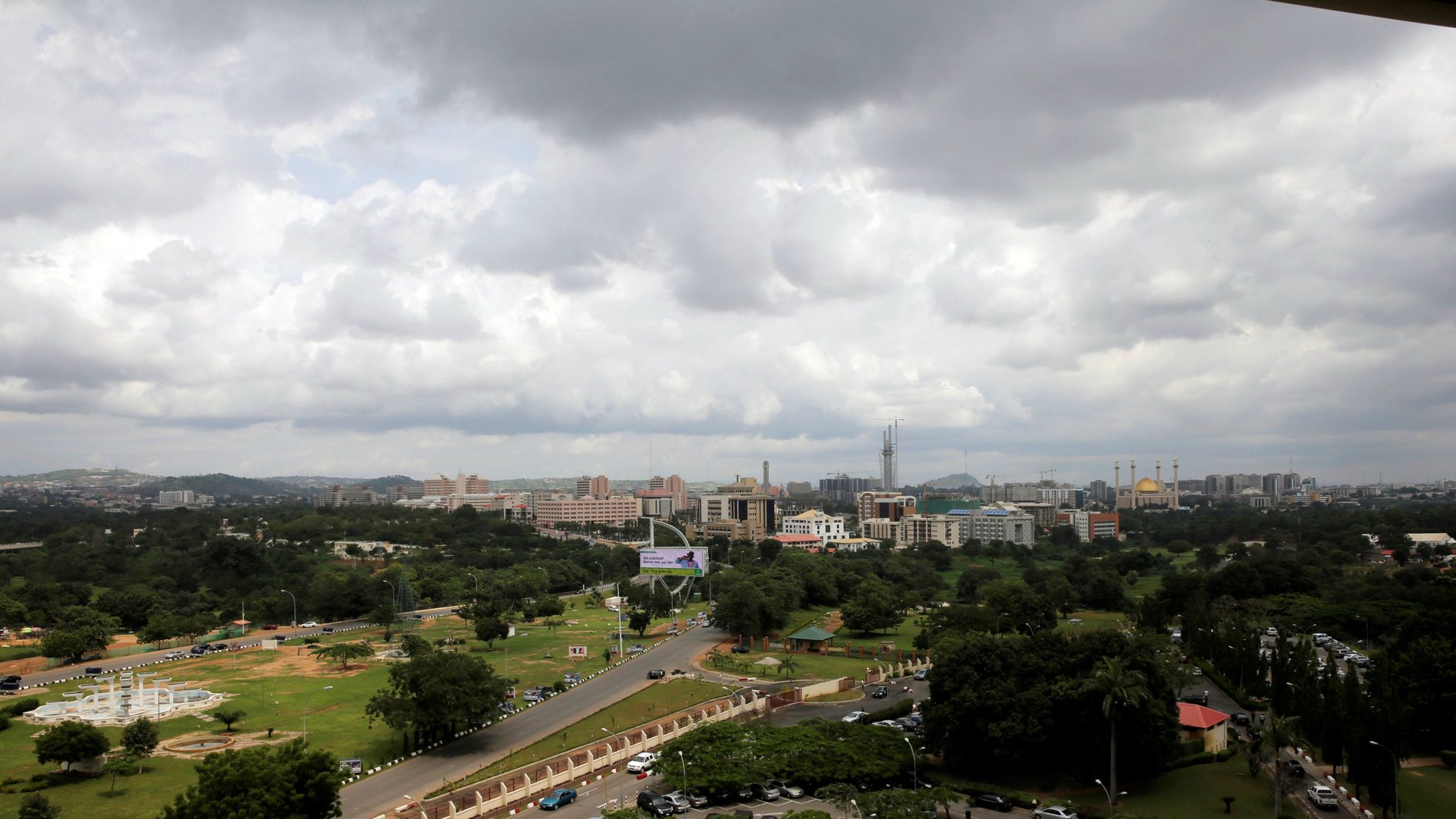Nigeria, Africa’s largest economy, has slipped into recession for the first time in decades
It’s official: Nigeria is in recession. Fears of a prolonged contraction were confirmed by data released today (Aug.31) showing that Africa’s largest economy shrank by 2% in the second quarter, versus the same period last year, following a 0.4% decline in the previous quarter:


It’s official: Nigeria is in recession. Fears of a prolonged contraction were confirmed by data released today (Aug.31) showing that Africa’s largest economy shrank by 2% in the second quarter, versus the same period last year, following a 0.4% decline in the previous quarter:
Nigeria’s economic troubles stem from a faltering currency and plunging oil revenues. As global oil prices tumbled, the Nigerian government imposed a fixed exchange rate to check the outflow of funds. But when the naira became ever more overvalued, investors took flight. More than anything, the policy ended up exacerbating the difference between the official and black-market exchange rate, leading to calls for a currency devaluation. After refusing to budge for months, the central bank finally gave in floated the currency in June, but amid the resulting volatility investor confidence remains low.
Simultaneously, the country’s oil revenues have been reduced as the Niger Delta Avengers, a militant group in the oil-rich south region, have attacked pipelines and hobbled exports. Nigeria’s president, Muhammadu Buhari, whose election last year saw a bounce in market confidence, has come in for criticism for the slow response to these challenges. Political pressure on the president is now likely to increase, following news of the country’s first official recession in more than two decades.
In contrast with the rest of country, the administration remains upbeat. A statement by the vice president said that the data, “while confirming a temporary decline, has also indicated an hopeful expectation in the country’s economic trajectory.” The economy is on track to beat the IMF’s forecast for a GDP contraction of 1.8% for the full year, the statement stressed. The IMF, though, has aggressively slashed its forecasts for Nigeria in recent months; at the start of the year, it expected the economy to grow by 4% this year.